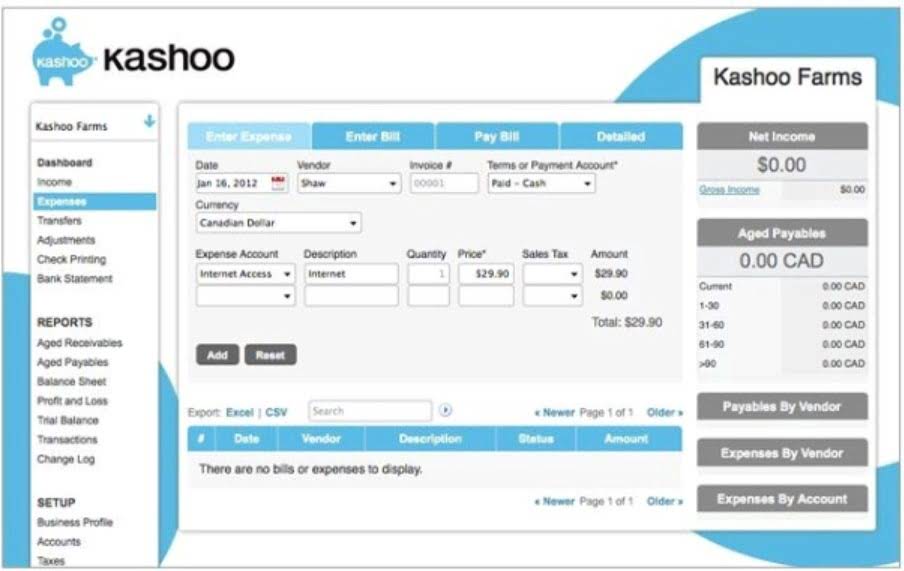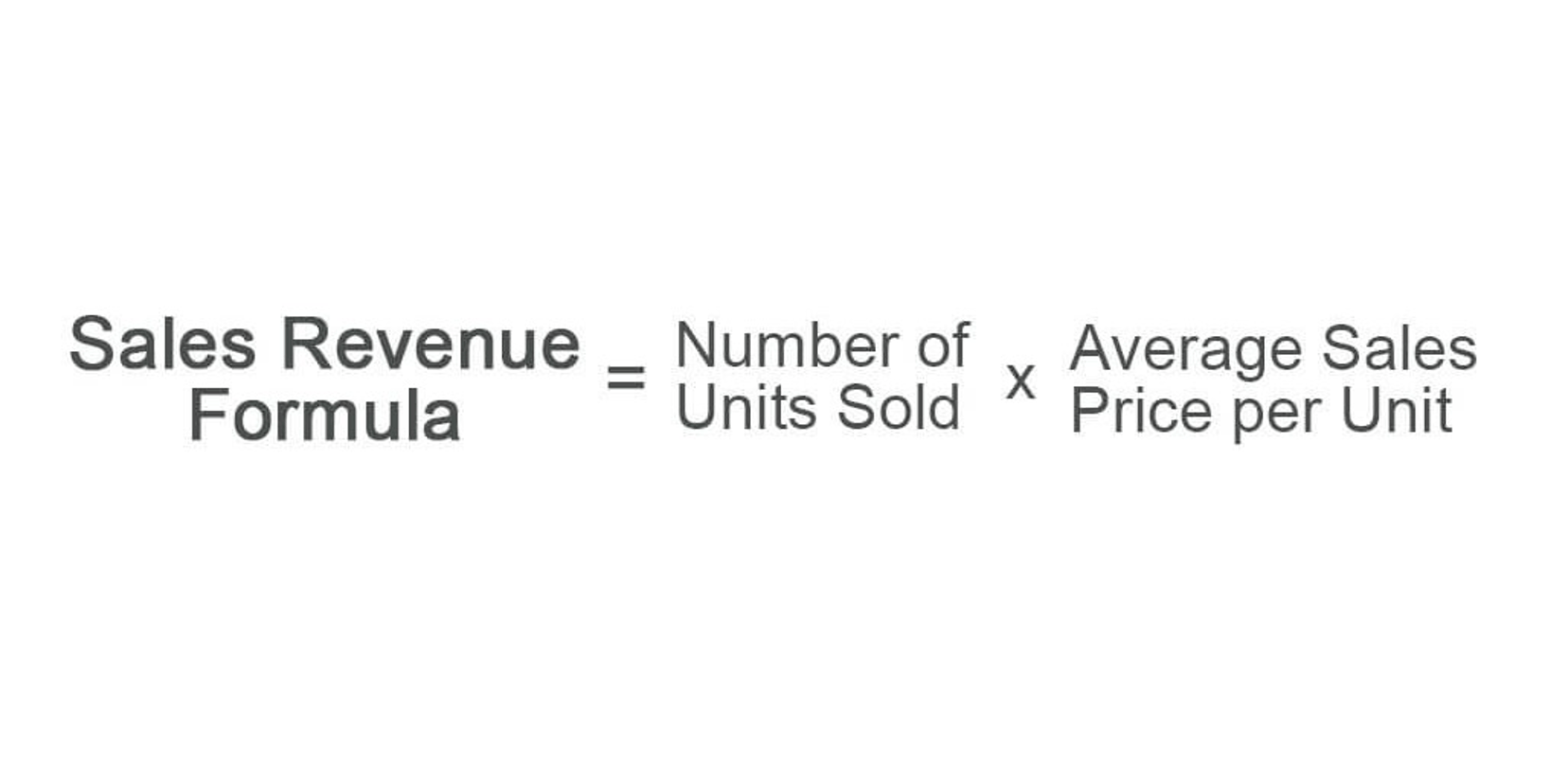
Good record-keeping and a reliable tax professional can help protect you from potential audits. There are some receipts you may need to hold on to significantly longer than the month it takes for your card statement to arrive. Receipts can be used as proof of a whole list of different things, from tax deductions to warranties, so you’ll need to hold on to a few receipts. I know many people that scan these important receipts to make sure that they have them handy.

IRS receipt requirements: What to know

The IRS requires you to maintain records for at least three years, though certain special circumstances may necessitate longer periods. Although there are different types of audit, many audits include a third party auditor reviewing your financial information (e.g., external audit). Typically, receipts show the purchase date, item(s), and price of each item.
How long do businesses need to keep receipts?
You are allowed to reduce your tax burden by deducting qualified purchases and expenses from your earnings. For example, if you buy a new desk and computer for your business, you can subtract the amount you spent on that setup from your earnings as you file your taxes. Deductions reduce your income a bit and therefore reduce your tax obligation as well. This flexibility stems from the “Cohan rule” which allows taxpayers to deduct “reasonable and credible” business expenses even without receipts for business expenses. However, this doesn’t mean you should be careless with documenting small expenses.
Does the IRS require receipts for business expenses?
That way, you aren’t scrambling to find a receipt when you need it. The fewer receipts how long do i need to keep business receipts you keep, the more likely your accounting books will be off. Add receipt information in your books as soon as possible for an accurate financial snapshot of your business. Categorizing your receipts can be a pain, but when you work with Bench, we manage that for you.

What happens if you don’t follow receipt requirements for your business expenses?
Tax time might be the fixed assets most important time for business recordkeeping, but taxes aren’t the only reason you should be keeping all of those documents. It’s important to get into the habit of recording your business mileage each time you use your car for business-related travel. Try keeping a logbook in the glove compartment and jotting down the mileage of each business-related trip.
- This tax establishes your eligibility for social security and medicare benefits when you retire or are disabled.
- At Keeper, we’re on a mission to help people overcome the complexity of taxes.
- Moreover, the lack of a receipt doesn’t exempt you from needing to track the expense or report it on your tax return.
- You should hold onto receipts, other than the exceptions listed in the “What receipts do I not need” section.
- If you have the time and resources (and want to stay ahead of your bookkeeping), you can make a point of organizing these expenses on an ongoing basis.
Failure to maintain accurate records may be considered evidence of negligence or intent to evade the tax and could result in penalties. Your business assets are the property and equipment you use for your business. Keep a complete and detailed record of your assets, showing when you acquired them, how much they cost, and how much you use them in your business. This detailed record will allow you to depreciate your assets properly and report the correct gain or loss if you ever dispose of them. Physical receipts should be stored in a locked room or cabinet that’s ideally protected from water or fire damage.
What should I do with my records for nontax purposes?
- You can invest in a receipt scanner to transfer receipts from paper to other devices, such as a computer or smartphone.
- Here are some questions and answers to help business owners understand the ins and outs of good recordkeeping.
- Good business recordkeeping lets you prepare financial statements, helps you keep tabs on your expenses, and comes in handy if you ever get sued or audited.
- You are required to keep business records so that an authorized representative from the Comptroller’s office can verify the accuracy of your sales and use tax returns.
If you find certain aspects that are not working well, be open to adjustments. Try to find areas of improvement and make the necessary changes to make your system more efficient. For all business gifts, the IRS requires documentation including the date and location of when it was given, the identity of the recipient, the value of the gift, and who gave it to you. Documentation of the purchase price, the date of acquisition, and the applicable depreciation or amortization schedule should be kept meticulously.
- Too many expenses claimed without evidence of receipts would be a red flag if HMRC wished to check your records.
- Record recurring expenses and save bills as this can add up significantly and lower your taxable income.
- A receipt also notes any discounts on sales or allowances, which are used for accounting and financial reporting.
- In the event of loss or damage, backups will ensure you still have access to your necessary tax documentation.
- Proper documentation, including receipts, helps maximize your tax deductions and ensure compliance with IRS requirements.
Do I need to keep receipts for business expenses?
They can provide valuable advice and implement effective systems to manage your tax receipts, ensuring you are compliant with tax laws and regulations, and maximizing your deductions. Regularly verify your credit card statements with your saved receipts to ensure there are no discrepancies. The best practice as suggested by the IRS is to ensure availability of proof for all expenses over $75, especially when deducting these as business expenses or in the case of an audit. Not only does this protect you in the event of future audits, but it also provides useful historical financial data that can aid with strategic planning and budgeting. It’s always wise to have your receipts ready, whether they’re physical copies or digital records.
According to the Canada Revenue Agency (CRA), Accounting for Marketing Agencies you are required by law to keep records of all your transactions to be able to support any income and expense claims. But what the CRA doesn’t explicitly mention is that if you don’t keep the right records, you could end up in hot water. Wave is another cloud-based accounting software that offers accounting and invoicing features. The free version includes its receipt scanning feature, which allows you to snap pictures of your paper receipts with your mobile device, categorize and be done with them. You can provide estimates within your Self Assessment tax return if your receipts are lost or damaged, but you have to provide information on why you are estimating parts of your return. It’s best to discuss this with your accountant to make sure you estimate correctly.



